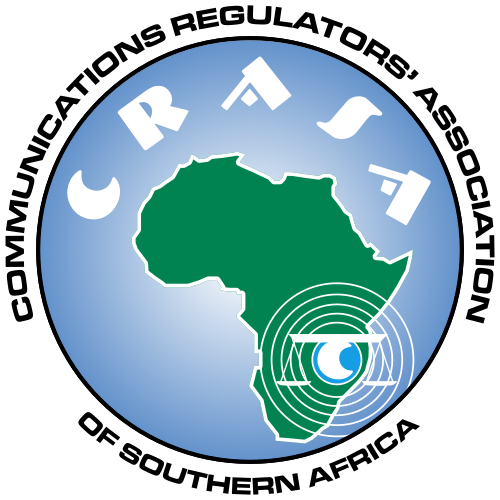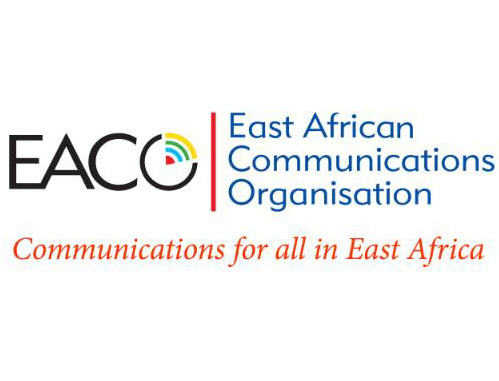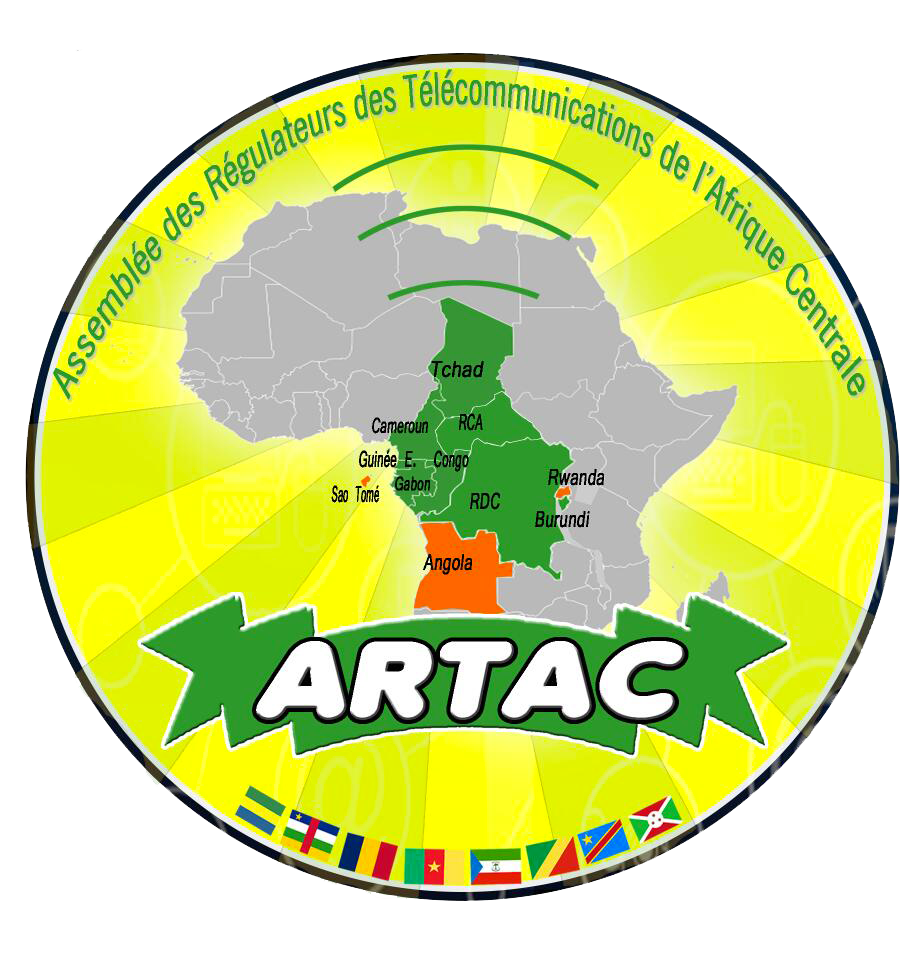As Organizações Reguladoras Regionais são os organismos governamentais regionais responsáveis por desenvolver e aplicar regulamentos, políticas e normas TIC para promover a concorrência leal, garantir a proteção do consumidor e fomentar o desenvolvimento e a inovação nas respetivas regiões.
Os organismos reguladores regionais desempenham um papel fundamental no fomento da colaboração, da coordenação, da normalização e da convergência regulatória entre os Estados-membros. Isto permite-lhes enfrentar desafios comuns e promover a harmonização das regulamentações além-fronteiras, desempenhando assim um papel crucial na formação do ambiente regulamentar e no fomento do crescimento da indústria nas suas regiões.
Principais

História
A Associação de Reguladores de Comunicações da África Austral (CRASA) é uma agência especializada da Comunidade de Desenvolvimento da África Austral (SADC), criada em 1997, sob os auspícios do Protocolo da SADC sobre Transportes, Comunicações e Meteorologia (1995). A CRASA é constituída por quatro instituições: a Assembleia Geral Anual (AGA), a Comissão Executiva (CE), as Comissões Especializadas e o Secretariado.
Função
A CRASA é responsável pela harmonização do ambiente regulamentar dos serviços postais e das TIC na região da SADC, com o objetivo de reforçar as estruturas empresariais dos serviços postais e das TIC e o clima de investimento.
Membros
Os membros da CRASA incluem as Autoridades Reguladoras Nacionais de 14 estados da Região da SADC.

História
A Assembleia dos Reguladores de Telecomunicações da África Ocidental (WATRA), fundada em 2002, é um órgão consultivo e colaborativo dos Reguladores de Telecomunicações da sub-região da África Ocidental com o objetivo de auxiliar e promover o desenvolvimento das telecomunicações na sub-região e, em última análise, em África.
Função
A WATRA trabalha com a Comunidade Económica dos Estados da África Ocidental (CEDEAO) para melhorar o ambiente de telecomunicações da África Ocidental.
A WATRA colabora e coopera com outras organizações regionais e internacionais para cumprir a sua missão de garantir o rápido desenvolvimento das telecomunicações na sub-região.
Membros
A WATRA é composta pelas Autoridades Reguladoras Nacionais de 16 estados da África Ocidental.

História
A Organização de Comunicações da África Oriental (EACO) foi criada em 2012, como uma organização regional autónoma com personalidade jurídica internacional, com sede em Kigali, no Ruanda.
Função
A EACO reúne reguladores nacionais das TIC, operadores, prestadores de serviços (nos subsetores das telecomunicações, radiodifusão e correios), instituições de formação em TIC e outros intervenientes no sector das comunicações.
Membros
A EACO é constituída pelas Autoridades Reguladoras Nacionais do Burundi, Quénia, Ruanda, Sudão do Sul, Tanzania e do Uganda.
| Country | Organisation |
| Burundi | Agence de Régulation et de Contrôle des Télécommunications |
| Kenya | Communications Authority of Kenya |
| Rwanda | Rwanda Utilities Regulatory Authority |
| South Sudan | National Communication Authority |
| Tanzania | Tanzania Communications Regulatory Authority |
| Uganda | Uganda Communications Commission |

História
A Assembleia dos Reguladores das Telecomunicações da África Central (ARTAC) foi criada em 2004, na Assembleia Plenária da Conferência dos Correios e Telecomunicações da África Central (COPTAC). A ARTAC é uma organização inter-governamental que reúne Reguladores de Telecomunicações das sub-regiões CEMAC-ECCAS-COPTAC.
Função
A ARTAC foi criada para proporcionar uma plataforma de intercâmbio com o propósito de harmonizar pontos de vista na sub-região da África Central, e para a capacitação e apoio mútuo face aos desafios encontrados.
Membros
A ARTAC é composta pelas Autoridades Reguladoras Nacionais de 8 estados da África Central.
Borgarfjordsgatan 12, Kista, SUÉCIA
Endereço: Universidade de Estocolmo, Departamento de Ciências da Informática e Sistemas/DSV, SPIDER, Caixa Postal 1073, SE-164 25 Kista, Suécia
Copyright © 2025 iPRIS. Todos os direitos reservados.